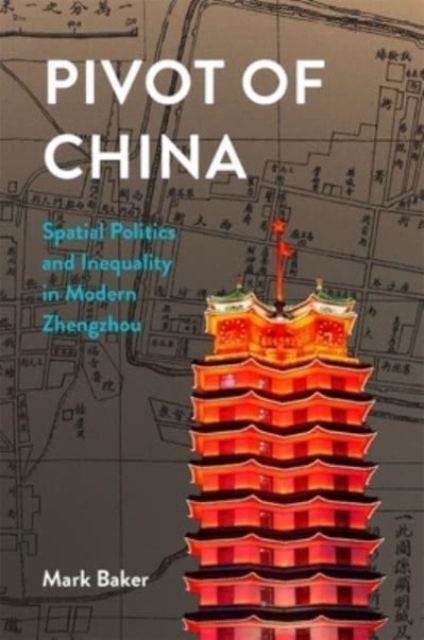
Pivot of China : Spatial Politics and Inequality in Modern Zhengzhou Hardback
by Mark Baker
Part of the Harvard East Asian Monographs series
Hardback
Description
China’s modern history has been marked by deep spatial inequalities between regions, between cities, and between rural and urban areas.
These inequalities have variously been attributed to the dualistic economy of semi-colonialism, rural–urban division in the socialist period, and capital concentration in the reform era.
In Pivot of China, Mark Baker argues that different states across twentieth-century China shaped these inequalities in similar ways, concentrating resources in urban and core areas at the expense of rural and regional peripheries. Pivot of China tells this story through the city of Zhengzhou, one of the most dramatic success stories of China’s urbanization: a railroad boomtown of the early twentieth century, a key industrial center and provincial capital of Henan Province in the 1950s, and by the 2020s a “National Central City” of almost ten million people.
However, due to the spatial politics of resource concentration, Zhengzhou’s twentieth-century growth as a regional city did not kickstart a wider economic takeoff in its hinterland.
Instead, unequal spatial politics generated layers of inequality that China is still grappling with in the twenty-first century.
Information
-
Pre-Order
- Format:Hardback
- Pages:336 pages, 5 photos, 4 color photos, 3 illus., 10 maps, 1 color map, 1 table
- Publisher:Harvard University Press
- Publication Date:26/07/2024
- Category:
- ISBN:9780674293816
Information
-
Pre-Order
- Format:Hardback
- Pages:336 pages, 5 photos, 4 color photos, 3 illus., 10 maps, 1 color map, 1 table
- Publisher:Harvard University Press
- Publication Date:26/07/2024
- Category:
- ISBN:9780674293816










